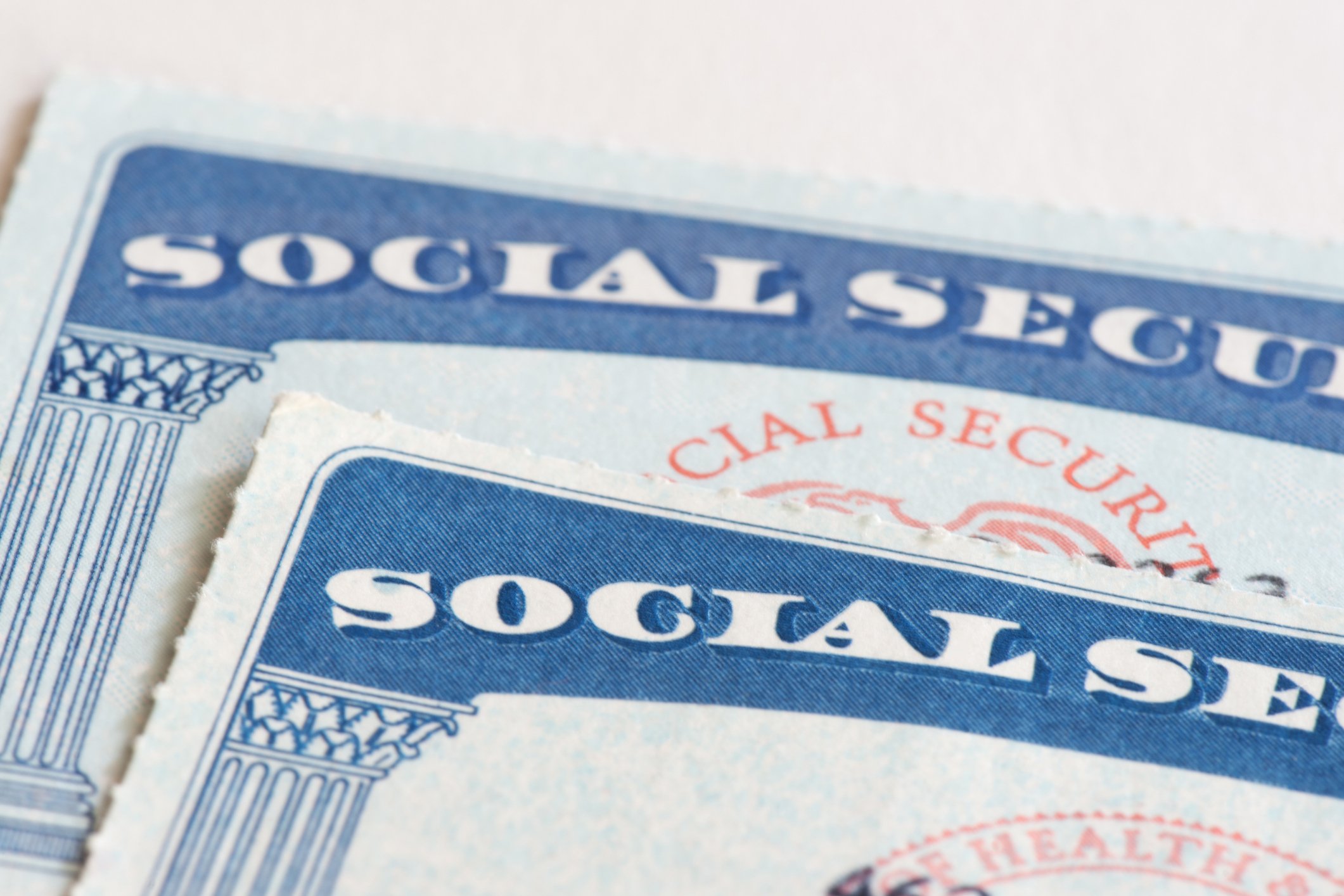Saving is challenging for Americans of all ages, but this is especially true for Gen Xers, who are often stretched thin between covering their basic living expenses, providing for their children, and caring for aging parents. When strapped for cash, many of them raid their own piggy banks.
Nearly one in three Gen Xers has taken a loan from a 401(k), according to a recent Schwab Retirement Services survey. And of this group, 61% have done so more than once. A 401(k) loan might not seem harmful because you pay the money back at some point, but as I'll explain below, it can still hurt the growth of your savings.

Image source: Getty Images.
The hidden costs of a 401(k) loan
A 401(k) loan is certainly better than taking an early withdrawal from the account. Early withdrawals come with a 10% penalty if you're younger than 59 1/2, plus you'll owe taxes on the withdrawn amount if it comes from a tax-deferred account. Such a loan enables you to borrow money from your retirement account while avoiding taxes, but that doesn't mean it's penalty-free.
Let's imagine you borrow $10,000 from your 401(k). You have 10 years to pay it back and a 6% interest rate, so you end up repaying $13,322 in total. That's not bad, except if you'd left the money alone, it's not unreasonable to think it could've had a 7% annual rate of return, which would've netted you $14,203 after 10 years. That's $881 more just from not borrowing from your plan.
Plus, your payroll deductions are going first toward your loan, so you're not making any new contributions during this time. That means you'll have to save even more per month once your loan is paid back to retire with enough.
A 401(k) loan could cost you even more if you fail to pay back everything you borrowed by the deadline. Then, the government considers any outstanding balance a taxable distribution and it'll raise your tax bill for the year.
Leaving your job before you repay the loan could speed up your repayment deadline, which could put you in greater danger of owing taxes on what you borrowed. If you quit your job, you typically only have until the tax filing deadline for that year to pay back what you borrowed. Miss this deadline and now you're risking default, which hurts your chances of getting any new loans in the future.
Alternatives to 401(k) loans
In a best-case scenario, you have enough savings to cover your expenses without needing to borrow. If you don't already have an emergency fund, start building one now so you can cover unexpected expenses as they arise. This should contain three to six months of living expenses.
Once that's done, start budgeting a certain amount from each paycheck for your long-term savings goals, like a home down payment or a vacation, so you don't need a loan for them.
If you do have to borrow, avoid taking it from your retirement accounts and let your investments continue to grow. Look into a mortgage or auto loan, or consider a personal loan if nothing else fits. Avoid charging unexpected expenses to a credit card as this could lead to costly debt that takes years to pay back.
You must also think carefully about what you're borrowing the money for. Borrowing for a vacation usually isn't a smart plan, and some renovations may look nice without actually adding any value to your home. In these cases, you're better off going without or waiting until you've saved enough to cover the expenses.
Look for areas in your budget where you could cut spending, like dining out. You could also do side jobs to earn some extra income or work overtime at your current job. If you have a spare room or property, consider renting it out as an additional source of passive income.
A 401(k) loan is certainly better than failing to pay your bills or racking up credit card debt, but it should be a last resort. Try the other strategies mentioned above before you borrow from your retirement savings.





